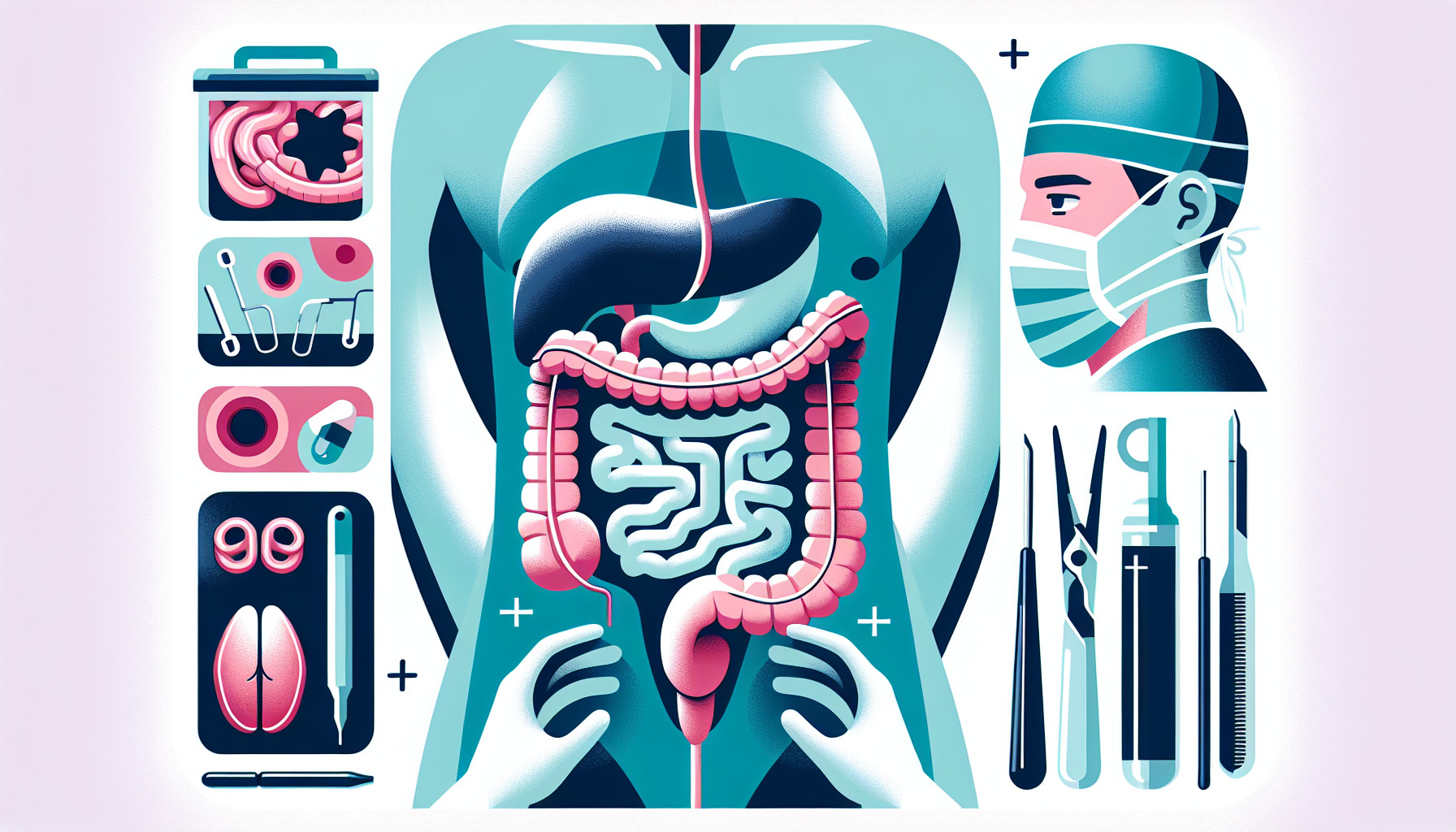Our Summary
This research study looked at the impact of a particular virus, called Human adenoviruses (HAdV), on children who have received a specific kind of stem cell transplant. The researchers found that this virus often remains in the gut and can be detected in stool samples. They tested 304 children who were about to undergo a stem cell transplant and found that 42% had the virus in their stool, with some showing signs of the virus even before the transplant. The key finding was that those children who had the virus in their gut before the transplant were at a significantly higher risk of developing a serious, invasive infection after the transplant. This suggests that it’s important to check for this virus before a child receives a stem cell transplant and to consider early treatments to reduce the risk of later infection.
FAQs
- What is the Human adenoviruses (HAdV) and how does it impact children who have received a stem cell transplant?
- What are the risks for children who have the virus in their gut prior to receiving a stem cell transplant?
- How can the presence of the virus be detected and what measures can be taken to reduce the risk of later infection?
Doctor’s Tip
A doctor might advise a patient receiving an intestinal transplant to be vigilant about monitoring for any signs of infection, especially in the gut. It’s important to communicate any symptoms such as diarrhea, abdominal pain, or fever to your healthcare provider right away. Additionally, following a strict hygiene protocol and taking prescribed medications as directed can help prevent infections and promote successful recovery after the transplant.
Suitable For
Intestinal transplant is typically recommended for patients who have severe intestinal failure, often due to conditions such as short bowel syndrome, inflammatory bowel disease, or congenital disorders. These patients may have difficulty absorbing nutrients from food and may require intravenous nutrition (parenteral nutrition) to survive. Intestinal transplant may be considered when other treatments, such as medications or surgical interventions, have not been successful in improving the patient’s condition. Transplant candidates are carefully evaluated to determine if they are healthy enough to undergo surgery and if they have the social support and resources needed to manage the post-transplant care, which can be complex and lifelong.
Timeline
- Before intestinal transplant:
- Patient is diagnosed with a severe intestinal disease or dysfunction that cannot be treated with medication or other therapies.
- Patient undergoes extensive evaluation by a medical team to determine if they are a suitable candidate for an intestinal transplant.
- Patient is placed on a waiting list for a suitable donor intestine.
- Patient may experience complications from their underlying condition, such as malnutrition, infections, or organ failure.
- After intestinal transplant:
- Patient undergoes the transplant surgery, which can last several hours and involves removing the diseased intestine and replacing it with the donor intestine.
- Patient is monitored closely in the intensive care unit post-surgery for any complications or signs of rejection.
- Patient may need to take immunosuppressant medications for the rest of their life to prevent rejection of the donor intestine.
- Patient undergoes frequent follow-up appointments and monitoring to assess the success of the transplant and address any complications that may arise.
- Patient may need to make significant lifestyle changes, such as following a strict diet or avoiding certain activities to protect the transplanted intestine.
- Patient may experience improvements in their overall health and quality of life, but may also face challenges such as infections, organ rejection, or the need for additional surgeries.
What to Ask Your Doctor
- What is the success rate of intestinal transplants?
- What are the potential risks and complications associated with intestinal transplants?
- How long is the recovery process after an intestinal transplant?
- What medications will I need to take after the transplant and for how long?
- How will my diet and nutritional needs change after an intestinal transplant?
- How often will I need follow-up appointments and monitoring after the transplant?
- Are there any specific precautions I should take to prevent infections after the transplant?
- How will an intestinal transplant impact my quality of life in the long term?
- Are there any alternative treatments to consider before opting for an intestinal transplant?
- What is the likelihood of rejection of the transplanted intestine and how is it managed?
Reference
Authors: Kosulin K, Berkowitsch B, Matthes S, Pichler H, Lawitschka A, Pötschger U, Fritsch G, Lion T. Journal: EBioMedicine. 2018 Feb;28:114-119. doi: 10.1016/j.ebiom.2017.12.030. Epub 2018 Jan 9. PMID: 29339099
